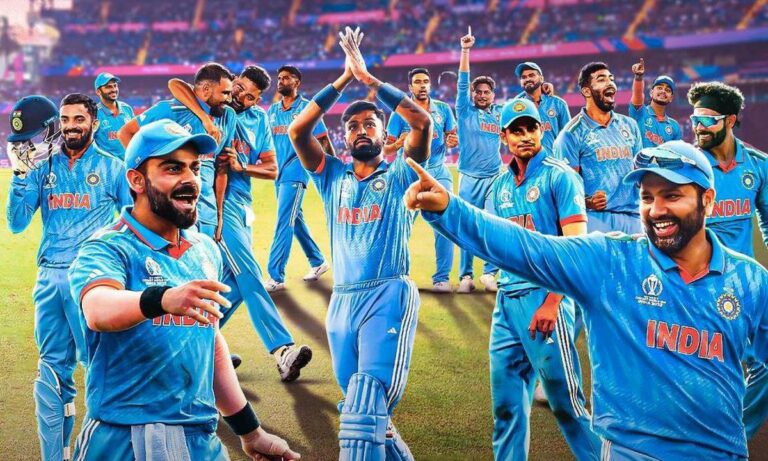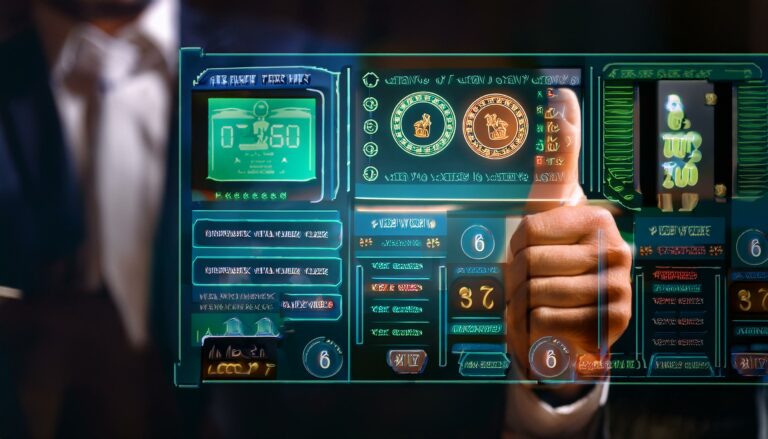The Role of Cricket Umpires and Match Officials
Allpaanel, All Panel.com: Cricket umpires play a critical role in ensuring fair play and upholding the spirit of the game. Their primary responsibility is to make decisions on the field regarding dismissals, boundaries, and other key aspects of the game. Umpires also have the important task of maintaining discipline amongst players and enforcing the rules and regulations set by the governing body of cricket.
Additionally, umpires are responsible for keeping accurate records of the match, including the number of overs bowled, runs scored, and any incidents that may require review by match officials. Their keen observation skills and ability to make quick, unbiased judgments are essential in upholding the integrity of the game and ensuring a level playing field for both teams.
Qualifications and Training Required for Umpires
Cricket umpires play a crucial role in ensuring fair play on the field. To become a qualified umpire, individuals must undergo specific training and meet certain qualifications. While formal educational requirements may vary, prospective umpires typically need to complete umpiring courses offered by cricket boards or associations.
Training for umpires often includes learning the laws and regulations of the game, as well as practical experience in officiating matches at different levels. It is essential for umpires to have a thorough understanding of the game’s rules and be able to make quick and accurate decisions under pressure. Continuous training and certification are usually required to maintain accreditation as a cricket umpire.
The Decision-Making Process on the Field
Umpires in cricket play a crucial role in overseeing the game and ensuring fair play among the players. Making split-second decisions on the field, umpires must have a thorough understanding of the rules and regulations governing the sport to make accurate judgments.
When a crucial moment arises, such as whether a batsman is out or not, the umpire must rely on their knowledge, experience, and judgment. They must possess the confidence to make a call under pressure, knowing that their decision can impact the outcome of the match.







